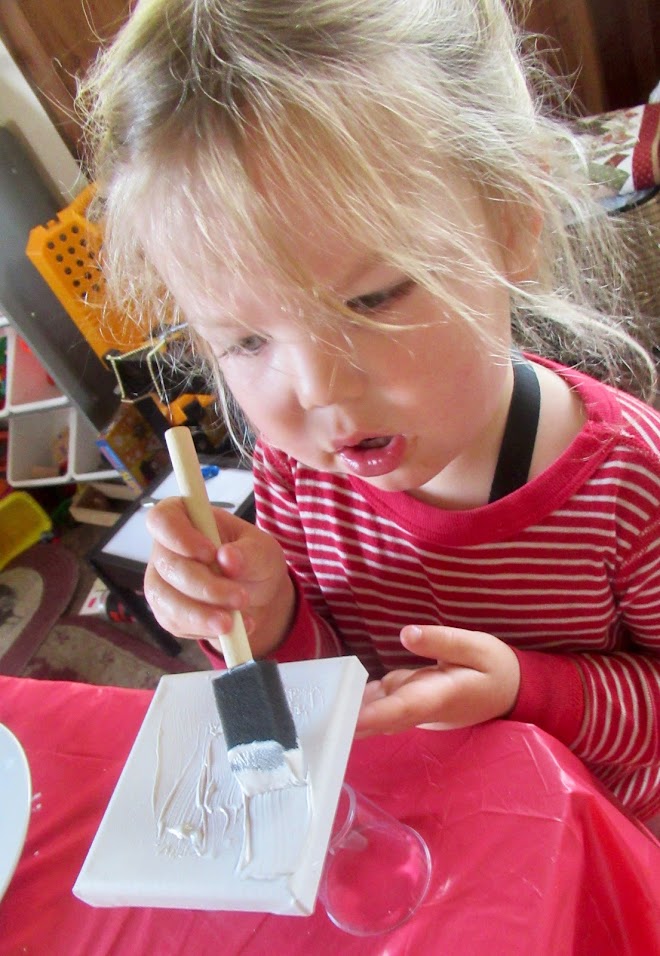This is the fourteenth in a series of episodes, detailing my dawning realization, that I have some mental issues, that I must address, or risk losing those around me, who mean so much to me. I do not know how many installments this will entail, because I do not have an outline, for this particular avenue, that my Life has chosen to pursue. Because I have always found writing to be therapeutic, I am going to share my journey with anyone, who cares to read along. Believe me, I am not having that much fun.
Say What?
I didn’t even want to go there, with the meds. I had not been able to follow through on my goal to establish some ground-rules, so to speak, for the consultation process, taking place in Comptche. I was only able to assert my desire to avoid being prescribed what I termed meds, a generic word for medication, often prescribed to patients with mental issues. At least until my diagnosis was complete, and we had a more complete picture, I was unwilling to consider this course of action.
So why was I heading home from Comptche, with a prescription for medication to help me sleep? At one point, as we had been discussing my sleep issues, Dr. Garratt had told me that he was going to heave some psychiatric jargon at me, and he did so. He was good at it, and although I could never have repeated a word of it, I did a good job of following what he said.
Paraphrased, he told me that he did not trust corporate America, any more than I did, when it came to motivation for providing medication. He said that if the medicine helped people, then it was purely coincidental, because money was definitely the name of the game. However, he went on to add, some of the medication did help some of the people, some of the time.
He went on to talk about the need for sleep. While we had been discussing my particular difficulties, Annie had mentioned that she monitored my sleep patterns there for a while, at the request of her therapist, who was guiding her. She had noted a two-week period, during which I had my usual struggles at night, but was not following through on the napping during the day, resulting in a period of frantic emotional expenditure, on my part. Again I was unaware that my actions affected those around me adversely.
He explained that the therapeutic process stood a better chance of success, if I was at the height of my game, and that getting enough sleep was part of the process.
“After all, don’t you want to keep more conventional hours?” he had asked me. When I considered the question, at face value, from the context of MY existence, and not his, I found I was quite satisfied. True, I did not go to sleep at the “conventional” time, and arise eight hours later, refreshed and effervescent, but I did not need to. I come into contact with almost no one, and if I happen to be napping when a friend stops by, that person can either chill for a minute, until I wake up, or stop in a little later. Those who know me, text first, and proceed accordingly.
From Dr. G’s perspective, my schedule might be annoying, but since I accommodate myself of his schedule, it should not matter that I am retired, and follow an unconventional lifestyle. So what about the medication I had just picked up, Annie and I asked ourselves, as we drove home from the ‘Ville? What is this stuff, and what does it do? We consulted the document that was presented to us by the pharmaceutical representative, which had a computer printout with my name and the medication on it. My prescribed drug is Seroquel, its generic name, Quetiapine. It comes in 25mg tablets, and I have been instructed to start with one, but can up the dose to two, if one is not enough to do the trick. My sixty pills cost one hundred and eighty dollars, not counting the 48 dollars that the insurance paid. Someone is making a killing on these babies.
My first question was, “What about my need to get up, from one to three or more times, nightly, to pee? Will this medication knock me out to the point that I will not be able to answer the call, resulting in disaster?” I did not think to ask the question while in the office, but I could still do so, as he had so advised. I began to list my questions on a separate sheet of paper.
Now I was scrutinizing the handout again, noting that under the term, “Common Uses,” was this simple statement, “This medicine is an atypical antipsychotic used to treat schizophrenia or bipolar disorder, or for any other use determined by your doctor.” Next question: What makes it atypical?
I did not need my trusty dictionary to define any of the words in the first sentence. Atypical means not representative of its class or variety, and antipsychotic is a drug for dealing with mental issues. I did not even get the “normal” type of medication; I got some atypical stuff. Big sigh. What the Firetruck?
I am not going to list all of the possible side effects, except to note that the one that I was most worried about, was prominently represented, along with many others. There was one that jumped out at me, and that I felt Annie should be aware of, since all of the information I was examining, was directed at the care giver, as opposed to the care receiver. Maybe it is assumed that mental issues might include the inability to read and comprehend this language of ours. No se por segura, porque yo no se nada, nunca. [I do not know for certain, because I do not know anything, ever.]
What I learned, though, was that there was a warning to caregivers, that the recipient of this medication, should be closely monitored to make sure that the patient does not try to kill him or herself. It seems as though there is a stipulation, that indicated that if there are thoughts of suicide involved, then this medication is a decided no-no. So when I pointed this out to Annie, she was unclear as to what I was saying. Had I been contemplating suicide, she wanted to know?
“No, not in the sense that I am looking for a shotgun, but sure, I have given tremendous amount of thought, as to what it was that I set out to accomplish in life, and whether or not those goals have been met. I must say that getting my three sons out the door, and established as community contributors, qualifies as having completed my life’s work. The fact that I have had the time and inclination to jot a few of my thoughts down on paper, is pure gravy. Being an avowed existentialist, I am not too worried about the spiritual trappings of moving on down the line, once I should kick the proverbial bucket. Therefore, suicide poses no fear to me. Does that qualify as having contemplated suicide?” It was time to add this to my list of questions.
I recognized that the second sentence of the common uses clause was key, because my doctor had queried me about my sleep habits, and then had prescribed this drug, but I was still taken aback, by the abrupt proclamation on the paper, that this medication was also used to treat those other mental disorders. I had voiced strong opposition to those drugs, to Dr. G, and he had recorded my protest accordingly. Yet, without my comprehending the totality of his prescription, I had been told to ingest the very type of substance that I had so strongly objected to. This is not an auspicious beginning, as far as my building trust with my doctor is concerned.
Annie was visibly flustered. “I had no idea. I am not comfortable having you take this medication.” If she hadn’t been driving the car, I would have given her a big hug, right on the spot. As it was, I waited until we got home, and then made up for lost time.















I thought your "meds" were to help you sleep? Advil PM does a wonderful job. Your "meds" sounds scary.
ReplyDeleteSleep is important. I personally favor sleeping more or less in the same time slots as the rest of my family, because it's convenient for spending time with the folks I love. If I'm up all night--fat chance--then I'll sleep all day and I don't think I'd like to be out of sync with loved ones. I'm enjoying your posts, and send all my love your way.
ReplyDeleteI favor sleep at a convenient time also. Unfortunately, as it would appear with certain other elements of my life, I am unable to control when it is that I sleep. I take what I can get, when I can get it.
ReplyDelete